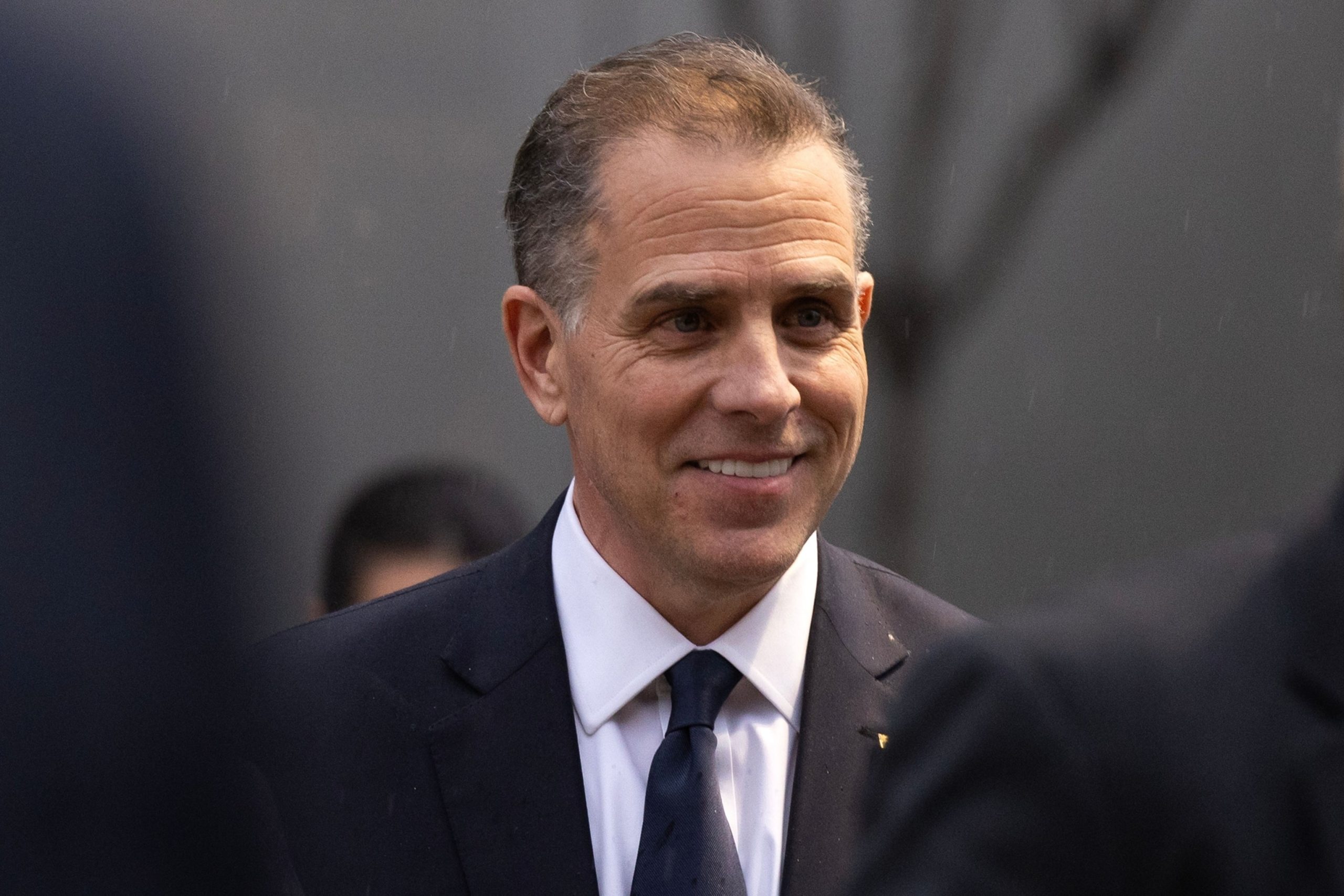The Hunter Biden laptop scandal has become a focal point of debate and controversy, with far-reaching implications for national security and the integrity of U.S. political institutions. The contents of the laptop, which allegedly contain emails, documents, and personal information belonging to Hunter Biden, have raised serious questions about the Biden family’s business dealings and potential security vulnerabilities.
The laptop first came to public attention in 2020 when it was reportedly left at a computer repair shop in Delaware and subsequently handed over to the FBI. Emails and other documents found on the laptop have been cited as evidence of Hunter Biden’s involvement in questionable business dealings, including his work with foreign entities in Ukraine and China. These revelations have led to accusations that Hunter may have leveraged his father’s political influence for personal gain, a claim that the Biden family has consistently denied.
Beyond the potential ethical and legal implications, the Hunter Biden laptop scandal also raises significant concerns about information security. The fact that sensitive information could be stored on a laptop and then left unsecured in a public space is alarming, particularly when the individual in question is closely connected to a high-ranking government official. The potential for foreign adversaries to access and exploit this information poses a serious threat to national security.
The media’s handling of the laptop scandal has also been a point of contention. Some outlets have been criticized for downplaying or dismissing the story, while others have been accused of using it as a political weapon. This has contributed to a broader debate about media bias and the role of the press in holding public figures accountable.
The Hunter Biden laptop scandal is a complex and multifaceted issue that touches on ethics, national security, and media responsibility. As investigations continue, it is essential that the American public be provided with clear and accurate information so that they can make informed judgments about the implications of this controversy.


